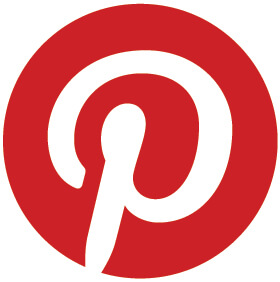 For those of you that haven’t heard of or used Pinterest, it’s a content sharing service that allows members to "pin" images, videos, etc. to a pinboard that they’ve created. Think of it as an online pinboard. The latest controversy is that Pinterest is monetizing their website by using affiliate links. Affiliate tracking links allow publishers (like Pinterest) to earn a portion of revenue when a consumer; 1) clicks on a link, 2) goes to an e-commerce site and 3) makes a purchase. The issues is that Pinterest is converting the links that their users create into affiliate tracking links. They disclose this in their Terms of Use but the marketing industry has started to take notice.
The other part of this equation is that other publishers (also known as affiliates) have caught on and are adding their own affiliate links to Pinterest. They do this by adding content to Pinterest, including their affiliate link, and directing it to a merchant’s website. When a consumer clicks on this link and makes a purchase the affiliate gets paid. Pinterest has asserted that when an affiliate add their tracking link they are not overriding the it and converting URL to their own affiliate link.
For those of you that haven’t heard of or used Pinterest, it’s a content sharing service that allows members to "pin" images, videos, etc. to a pinboard that they’ve created. Think of it as an online pinboard. The latest controversy is that Pinterest is monetizing their website by using affiliate links. Affiliate tracking links allow publishers (like Pinterest) to earn a portion of revenue when a consumer; 1) clicks on a link, 2) goes to an e-commerce site and 3) makes a purchase. The issues is that Pinterest is converting the links that their users create into affiliate tracking links. They disclose this in their Terms of Use but the marketing industry has started to take notice.
The other part of this equation is that other publishers (also known as affiliates) have caught on and are adding their own affiliate links to Pinterest. They do this by adding content to Pinterest, including their affiliate link, and directing it to a merchant’s website. When a consumer clicks on this link and makes a purchase the affiliate gets paid. Pinterest has asserted that when an affiliate add their tracking link they are not overriding the it and converting URL to their own affiliate link.
Affiliate Links on Pinterest
05.24.2012
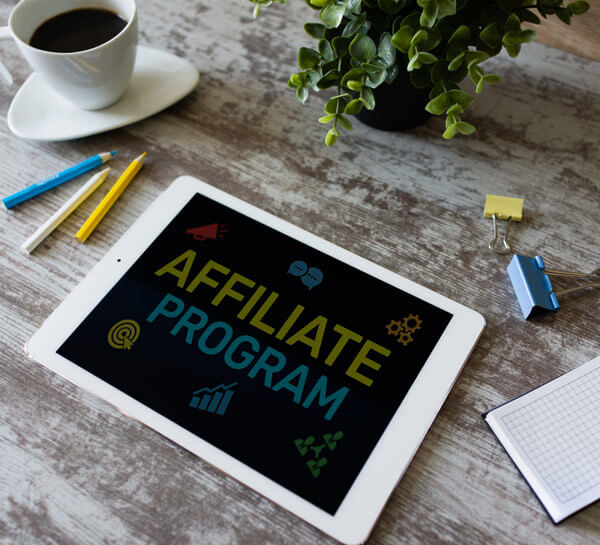
Blog Posts
The Latest From Versa Marketing
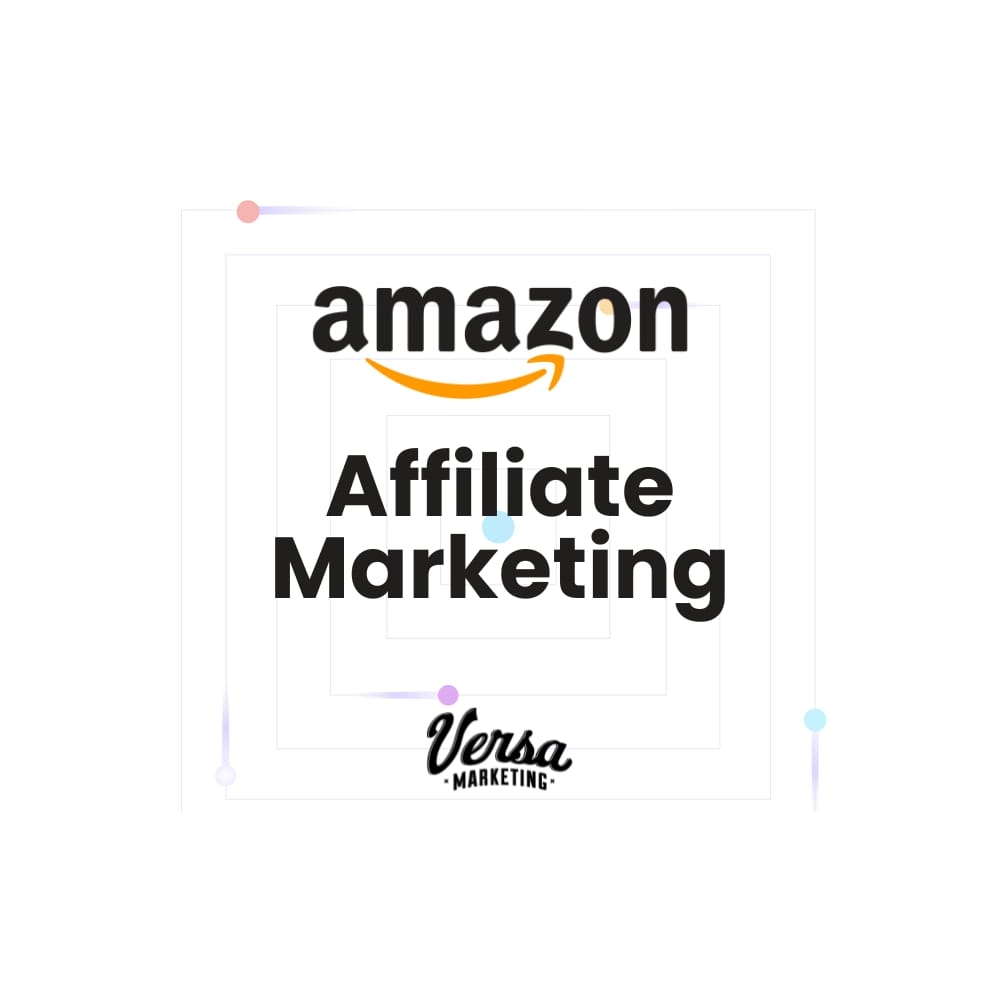
Amazon Sellers: Launching an Amazon Affiliate Marketing Program & Creator Connection Campaigns
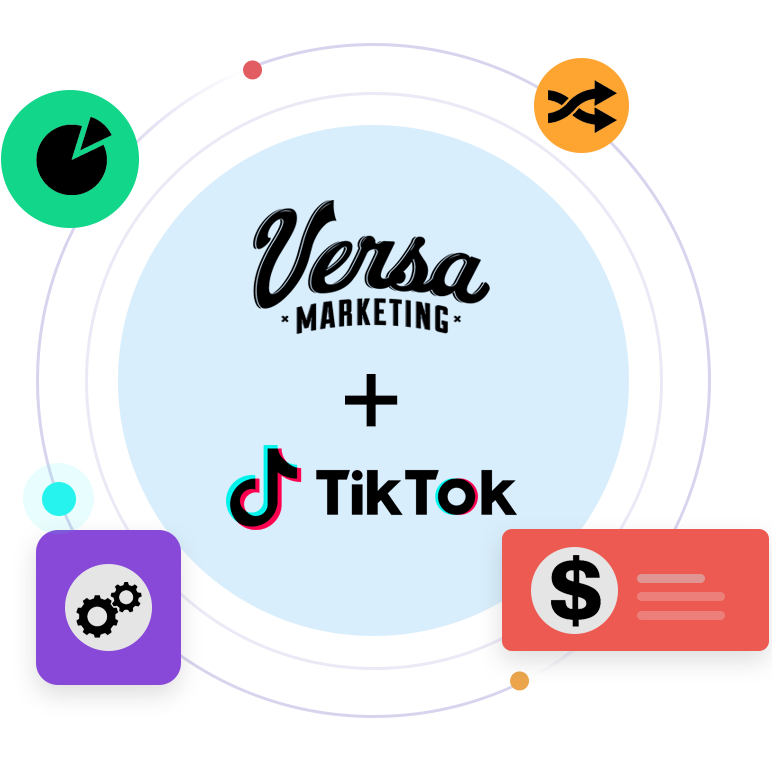
TikTok Affiliate Program Launch and Management

Amazon Affiliate Marketing Program – Launch & Management
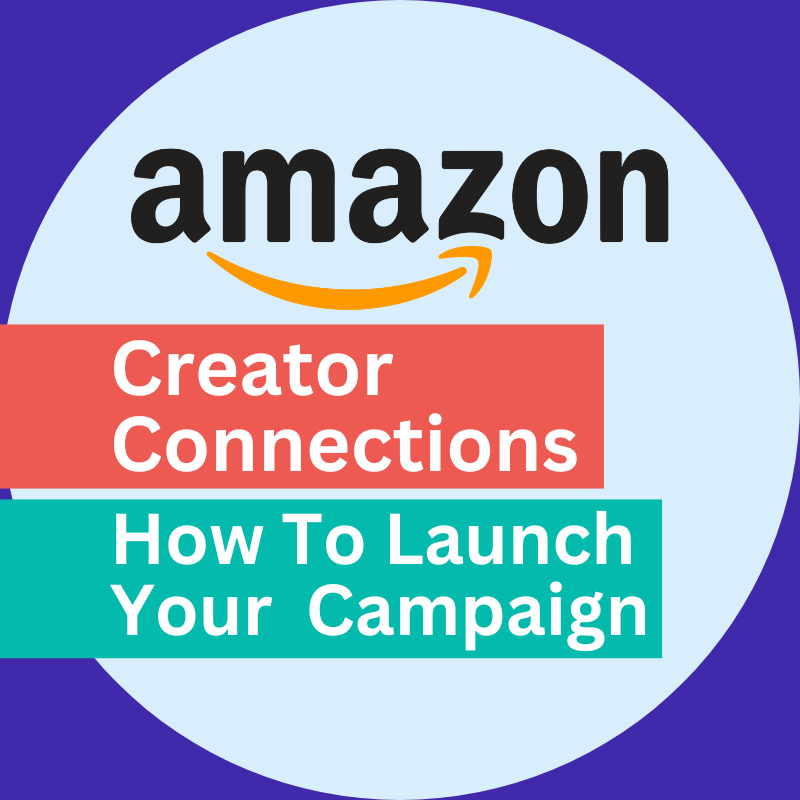
How to Launch Amazon Creator Connections Campaigns

